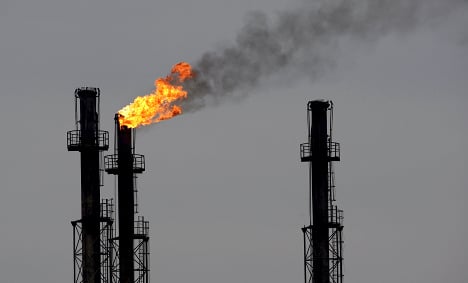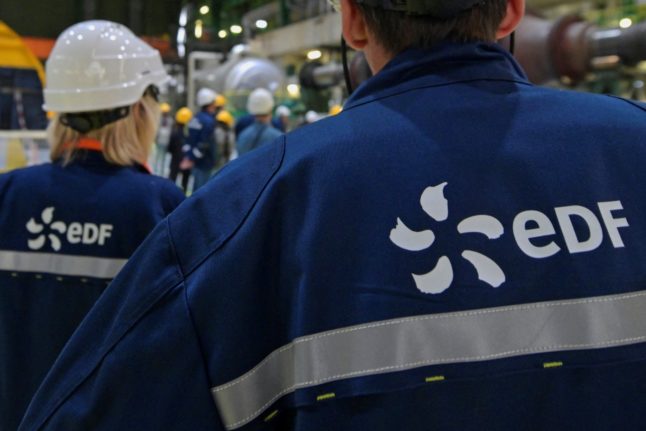“The power industry is one of the priorities of Gazprom in Europe,” Gazprom chief executive officer Alexei Miller said in a statement after inking a provisional agreement in Rome with RWE boss Jürgen Großmann.
“The signed memorandum provides RWE with exclusive rights for negotiations with Gazprom on the implementation of energy projects in Germany, UK and the Benelux countries for a period of three months,” Miller said.
The announcement comes ahead of talks in Hannover, northern Germany, on Monday and Tuesday between the Russian and German cabinets led by President Dmitry Medvedev and Chancellor Angela Merkel.
Commercial ties between the two countries have grown strongly in recent years despite criticism of Russia’s human rights record and accusations that Moscow uses state-controlled Gazprom for political purposes.
Miller said that Gazprom hopes to profit from Germany’s decision in late May to abandon nuclear power by 2022 in the wake of Japan’s Fukushima plant disaster, with the result that more fossil fuel power stations will be built.
The nuclear exit is a blow to RWE, which also faces the prospect of having to pay for EU emission permits – at present they are partly free – from 2013.
Standard & Poor’s cut its credit rating for RWE last month, despite its intention to raise cash by selling some €8 billion ($11.4 billion) of assets. On Wednesday, RWE sold a €974-million stake in a transmission firm.
There have been rumours and press reports for some days suggesting a tie-up between the firms, possibly involving Gazprom taking a strategic stake in RWE. An RWE spokesman told news agency AFP this was not in the memorandum, however.
“It makes sense that they’re taking action fast because otherwise they could get beat out of a deal but it surprised me that this came together so fast,” Alexander Rahr from the German Council on Foreign Relations in Berlin said.
Any deal is likely to catch the attention of competition regulators, however, with the head of the German cartel office Andreas Mundt warning this week he would “look very closely” at what the firms intend to do.
Gazprom also owns 51 percent in the Nord Stream joint venture building a pipeline due to start bringing huge volumes of Russian gas under the Baltic Sea to the European Union via northern Germany from the end of the year.
Gazprom is also playing a key role in the ambitious South Stream pipeline project to pump gas to Black Sea countries by avoiding Ukraine, a scheme it regards as crucial for the security of Russia’s future energy exports.
Yet Gazprom is also trying to diversify exports beyond Europe and the former Soviet Union and is seeking to sell more gas to Asia, with the firm busy negotiating contracts with South Korea as well as China and India.
Germany will send nine cabinet members and two state secretaries as well as a major business delegation to meet their Russian counterparts at the talks in Hannover, in what will be the 13th such get-together.
More than a dozen agreements on economic and environmental cooperation will also be signed, German government spokeswoman Sabine Heimbach said Wednesday.
Germany is Russia’s most important single trade partner. Russian exports to Germany reached €31.8 billion ($44.7 billion dollars) last year – primarily gas and oil – while €26.4 billion in goods went the other way.
AFP/mdm



 Please whitelist us to continue reading.
Please whitelist us to continue reading.
Member comments